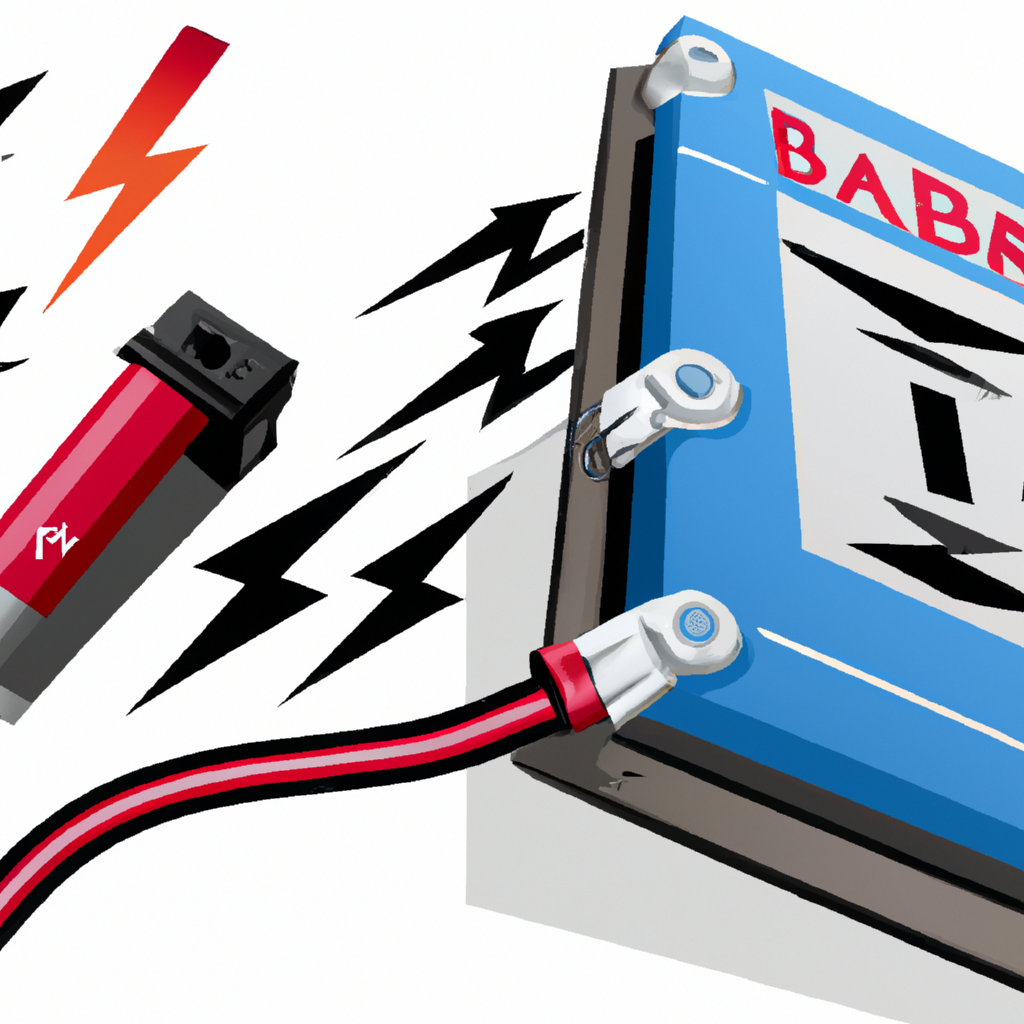Yes, a loose battery cable can drain the battery. When the battery cable is loose, it can cause an intermittent connection or complete disconnection between the battery and the electrical system of the vehicle. This can lead to various electrical components, such as lights, radio, or other accessories, draining the battery even when the vehicle is not in use.
When the battery cable is loose, it can cause electrical arcing or a partial connection, which creates a high resistance point. This high resistance results in a voltage drop and can cause the battery to drain. The high resistance also generates heat, further exacerbating the problem. Over time, this can significantly drain the battery and potentially lead to the battery’s premature failure.
Another reason a loose battery cable can drain the battery is due to the constant draw of parasitic loads. Parasitic loads are the continuous electrical loads in a vehicle, even when it is turned off. These loads include the clock, alarms, car computers, and other components that need a small amount of power to retain memory or operate. When the battery cable is loose, it can disrupt the electrical connection and cause excessive current flow to these loads, draining the battery.
Furthermore, a loose battery cable can cause the vehicle’s charging system to work improperly. The alternator generates electricity to charge the battery while the engine is running. If the battery cable is loose, it can prevent the alternator from adequately charging the battery. This results in an insufficient charge being supplied to the battery, leading to a drained battery over time.
It’s essential to regularly check the battery cables for tightness and ensure a proper connection. Tightening the battery cable can help prevent them from loosening due to vibration or temperature changes. However, it’s important not to overtighten the battery cable, as it can damage the battery or the terminals.
To avoid any battery drain caused by loose battery cables, it’s recommended to inspect the cables regularly for signs of looseness or corrosion. Corrosion on the battery terminals or cable ends can also result in poor electrical connectivity and lead to battery drain. If corrosion is present, it’s advisable to clean the terminals with a baking soda and water solution or a specialized battery terminal cleaner.
In conclusion, a loose battery cable can indeed drain the battery. When the cable is loose, it can create an intermittent or partial electrical connection, leading to a voltage drop and excessive current flow to parasitic loads. It can also affect the vehicle’s charging system, preventing the battery from receiving an adequate charge from the alternator. Regularly checking and tightening the battery cables can help prevent battery drain and ensure proper electrical connectivity.

